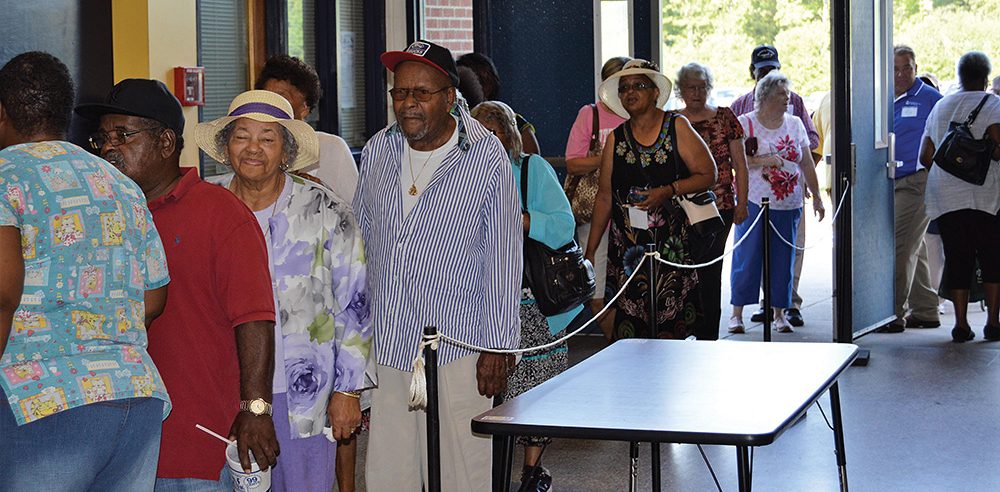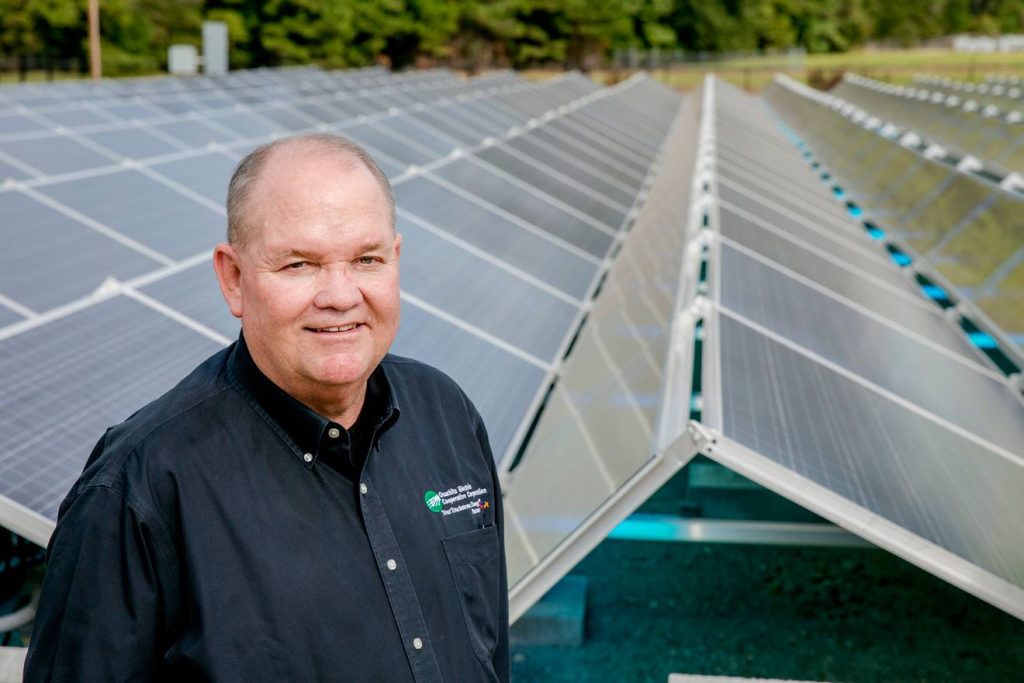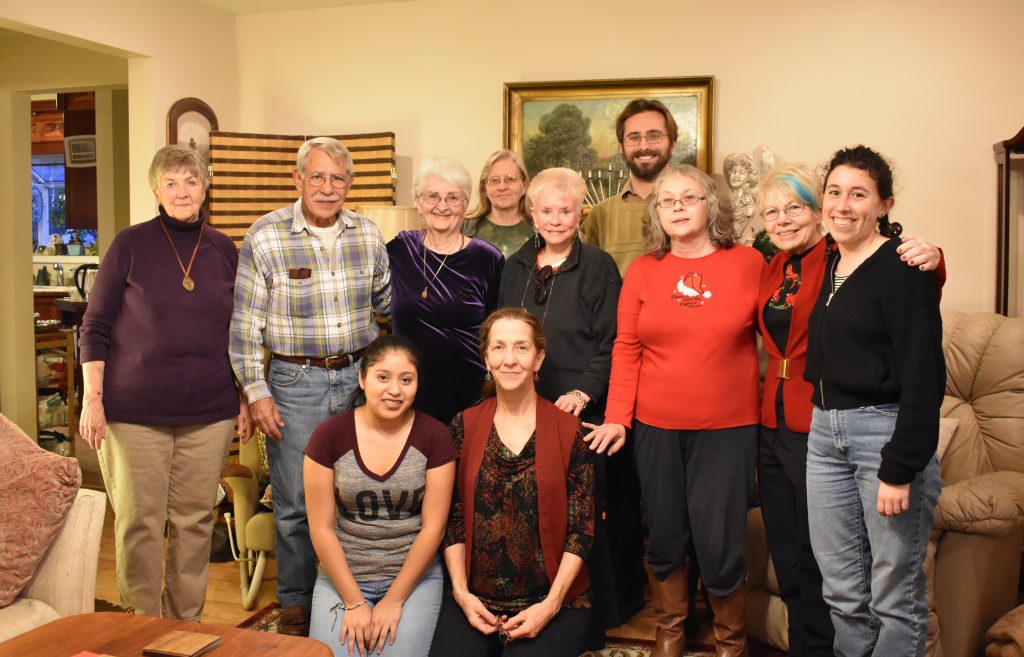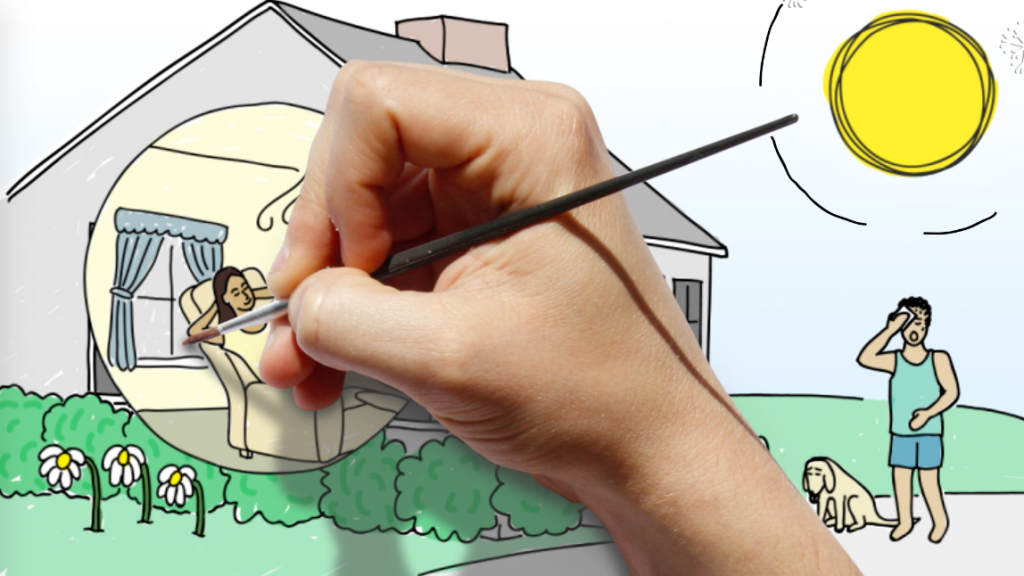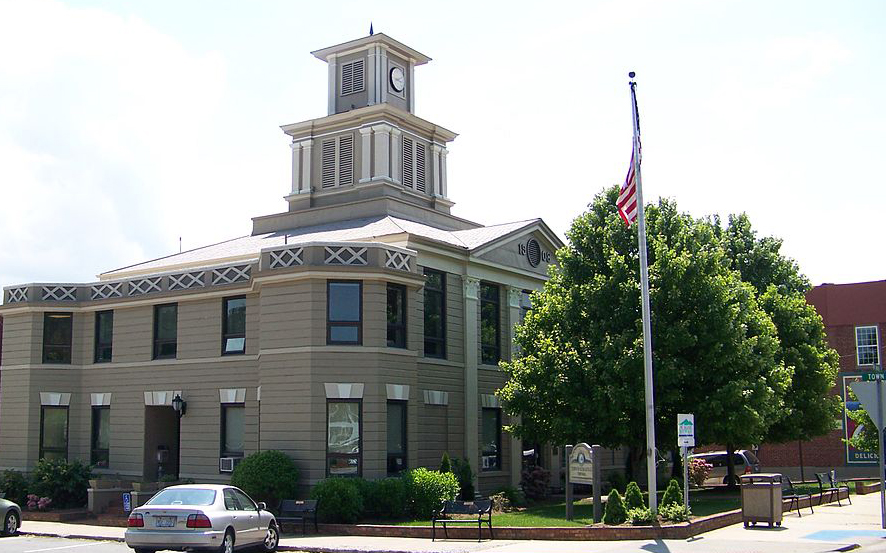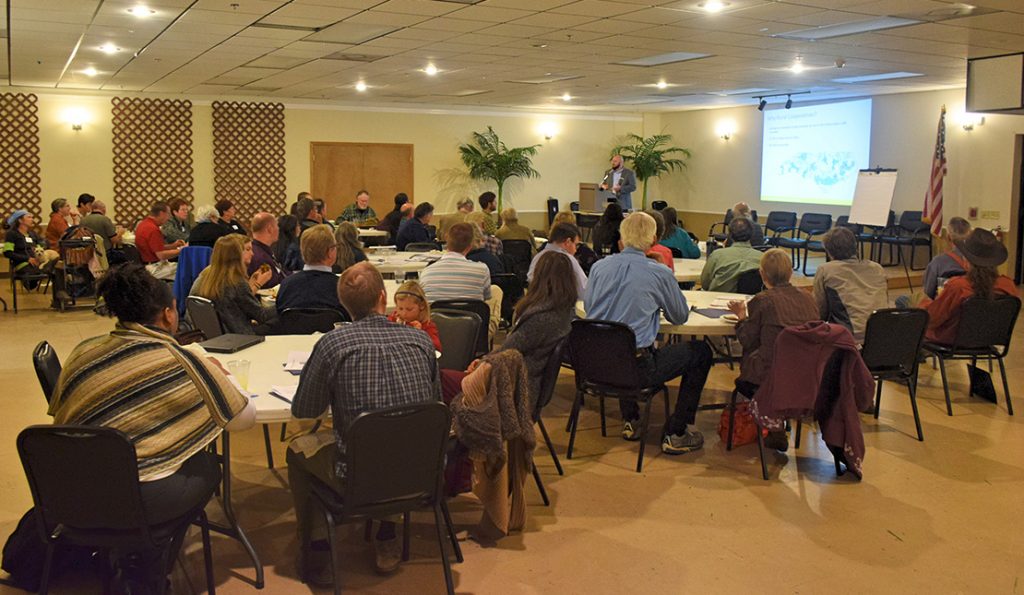Posts Tagged ‘on-bill financing’
Roanoke Electric Exemplifies Service to Members
A rural North Carolina cooperative responds to member feedback by fostering economic development and clean energy.
Read MoreRevitalizing Ouachita: How One Electric Co-op is Moving Forward
Ouachita Electric Cooperative in Arkansas offers programs that make energy efficiency and high-speed internet accessible and affordable, and is using solar to help grow the local economy and save money. If Ouachita can do it, what’s stopping other electric co-ops from following suit?
Read MoreEnergized by Efficiency: SOCM members and their dedication to reducing energy waste
Over the last two years, SOCM’s Cumberland County Chapter has advocated for on-bill financing program for energy efficiency at their electric co-op, Volunteer Energy Cooperative.
Read MoreGot 90 seconds? Learn how your electric utility can save you money and energy
What if your home could be fixed up so that you’re cool in the middle of summer, warm in winter, and you have more money every year for things you need? See our new 90-second video and learn how.
Read MoreReport finds thousands in western N.C. and eastern Tenn. need energy efficiency financing
CONTACT: Rory McIlmoil, Appalachian Voices Energy Savings Program Manager, rory@appvoices.org, (828) 262-1500 Boone, N.C. — A program that pays for the upfront cost of home energy improvements could lower monthly bills for thousands of families in western North Carolina while creating jobs, strengthening local economies, and protecting natural resources and public health, according to Appalachian…
Read MoreTwo North Carolina counties make energy efficiency history
Two western North Carolina counties — Yancey and Mitchell — made energy efficiency history when they passed resolutions supporting development of an “on-bill financing” for their citizens by local utility French Broad Electric.
Read MoreServing residents by saving energy
Students at Appalachian State University in Boone, N.C. spent a recent Saturday volunteering with Appalachian Voices and others to give two local homes an energy efficiency boost. The work was part of the school’s 18th annual MLK Challenge. “They caught energy leaks I knew nothing about,” said Faith Wright of Vilas, N.C., who was grateful for the volunteer energy of what she called the “student worker bees.”
Read MoreFrench Broad Energy Forum is a Success
Nearly 60 citizens attended an energy efficiency information session in mid-November for members of the French Broad Electric Membership Corp., an electric cooperative that serves six rural counties in Western North Carolina and East Tennessee.
Read MoreFrench Broad communities broadly support on-bill financing
Our recent “French Broad Community Energy Forum” in western North Carolina brought together more than 60 residents and representatives of local government, community service agencies, and businesses to learn and talk about the advantages of providing upfront financing for residents to make home energy efficiency improvements.
Read MoreEnergy bill acrobatics
For the Schmidt family of Tazewell, Tennessee, managing their budget is a balancing act, and one they have become very good at. But high electric bills–up to $300 in the winter–makes that balance tricky to maintain, sometimes leaving very little for emergency funds, much less for the home repairs they need that could actually lower their energy use.
Read More
